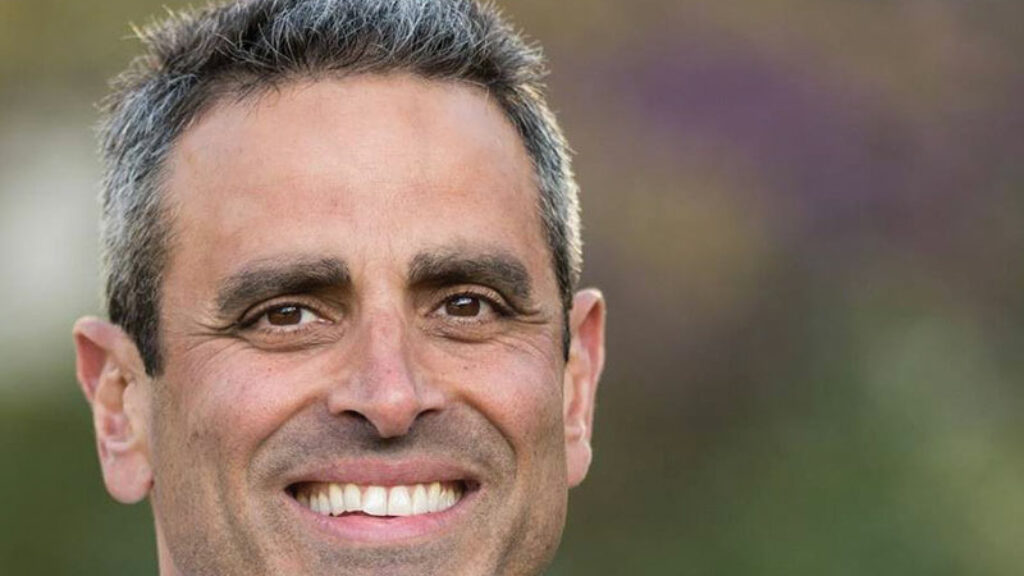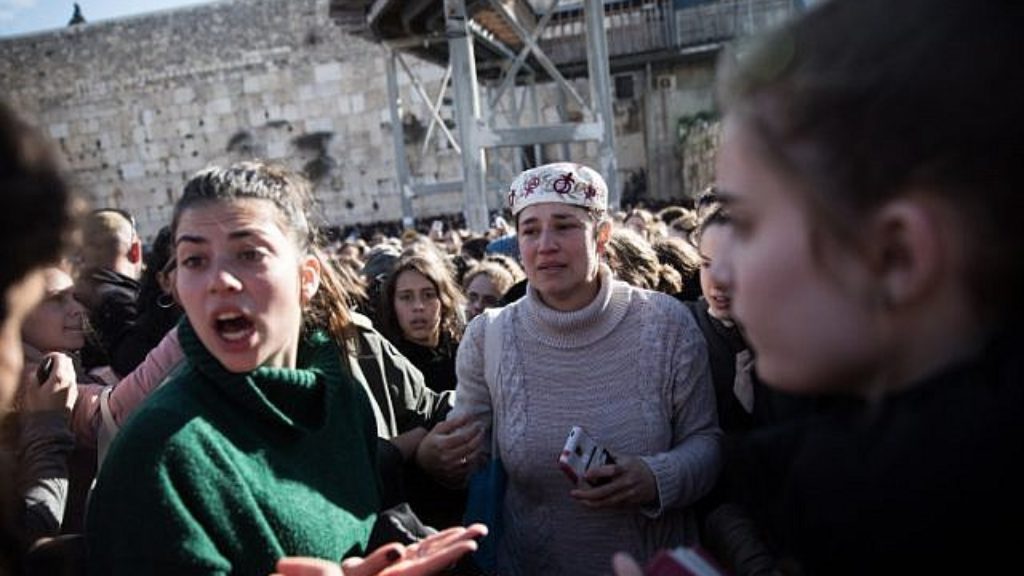Taking Responsibility: A Rejoinder
Editor’s Note: In our Summer 2020 issue Yehoshua Pfeffer wrote an eloquent, controversial critique of the response of the Israeli haredi community—his community—to COVID-19, which raised critical questions about Israeli political culture and governance. Frequent JRB contributor Yossi Shain responded along with philanthropist Daniel Goldman, with a final rejoinder from Pfeffer.
I certainly agree with Daniel Goldman and Yossi Shain that haredi society in Israel must graduate from a “tenant” to a “landlord” mentality and that the transition is difficult. On the one hand, the self-understanding of haredi society as an isolated, dependent minority encourages shortsighted parochial thinking rather than strategic planning; on the other hand, the very process of graduation requires accepting broader responsibilities and taking public policy seriously. In the interim, both the haredi community and their fellow Israeli citizens suffer the consequences.
Yet, all is not as bleak as it sometimes seems. I would hazard that haredi society—the haredi public if not haredi leadership too—takes responsibility for maintaining Israel’s Jewish character. Israel’s kippa, so to speak, has slowly transitioned from the knitted kippa sruga of the Mafdal Party and its religious Zionist followers to a mehadrin black kippa. By way of illustration, the controversy surrounding train maintenance work performed on Shabbat was a direct result of haredi public opinion. Yaakov Litzman, who I quoted in my article as saying that haredi society “will never be a majority,” declared that, “Shabbos is dear to us, and my greatest responsibility is to protect it. . . . If I fail in this matter, I have no reason to be in government.” This is not the statement of a politician who regards himself and his constituents as mere tenants in perpetual exile.
Though I have discussed his failures as minister of health in the COVID-19 crisis, Litzman has addressed serious issues of larger public interest, including the availability of medical cannabis, waiting times for an MRI scan, and extensive reform of the dental industry. Moreover, his fellow United Torah Judaism MK Moshe Gafni has been deeply involved in environmental legislation, UTJ MK Yisrael Eichler has worked to strengthen Knesset governance, and Shas has maintained an extensive social agenda as part of their platform for many years. The transition from tenant to landlord is already taking place. Nonetheless, as I argued, more is required. Haredi citizens and leaders must adopt the strategic and integrative mode of thought required to help responsibly guide the ship of the state. And I believe the COVID-19 crisis, which exposed haredi vulnerability on many levels, ought to be a significant trigger for this change.
Aside from public health concerns, haredi society now faces other challenges that have followed from the current crisis. Consider the huge increase in haredi Internet use during this period: the latest statistics show that haredi usage of social media platforms has more than doubled over the last few months. How should haredi society react? Consider also the tremendous financial challenges that many haredi institutions face due to significant reductions in philanthropic donations. And perhaps most worrying of all, how can haredi society handle the “yeshiva student crisis” that hit haredi headlines several weeks ago, describing the thousands of young men who have been cut loose from their moral, spiritual, and intellectual homes during this period? My hope is that such difficult challenges will galvanize deeper, strategic thinking within haredi society, which will serve to better both haredi society and, ultimately, the rest of Israel.
I am reminded of a conversation a close friend once had with a major figure in haredi politics. He asked the following question: “Let’s say haredi parties earned a majority of Knesset seats; what would you do?” His answer, obviously tongue-in-cheek, was: “We would turn to the president and ask him to accept us as the fifty-first state of America.” Goldman and Shain would diagnose this statement as a symptom of wanting to always be the tenant and never a landlord, but I believe the deeper issue is more cognitive than psychological. The haredi politician’s joke was really an admission that he and his colleagues didn’t have a clue about how to run a state. That must change, and I believe that there is reason to hope that it will.
Comments
You must log in to comment Log In
Suggested Reading
The Rock from Which They Were Cleft
In the past few years, MK Rabbi Haim Amsalem has become more of a controversial figure in his own community, not to mention the Shas party he represents, than outside of it. In two monumental works of Jewish law, he seeks to impact the future not only of that community, but of Israel's Russian immigrants.

Exit, Loyalty … Crowdsource?
It is a bit of a surprise to open a big-think policy book on the fate of the Jewish people and read a Jason Bourne scene with a prep-school payoff, but Tal Keinan is entitled to it.

Fathers & Sons
This summer, as the current Askhenazi chief rabbi was being investigated for corruption, and issues of religion and state dominated public debate, new Ashkenazi and Sephardi chief rabbis were elected. The process was messy, complicated, and ugly. The result? Sixty-eight votes apiece for the sons of two previous chief rabbis. What does a broken rabbinate mean for Israel?

Ungoverning the Western Wall
After more ugly clashes at the Western Wall, two Israeli political scientists make a radical proposal.
Daniel Goldman
Rabbi Pfeffer,
Always an absolute pleasure exchanging views and thoughts with you!
Shanna tova to us all!!
Daniel